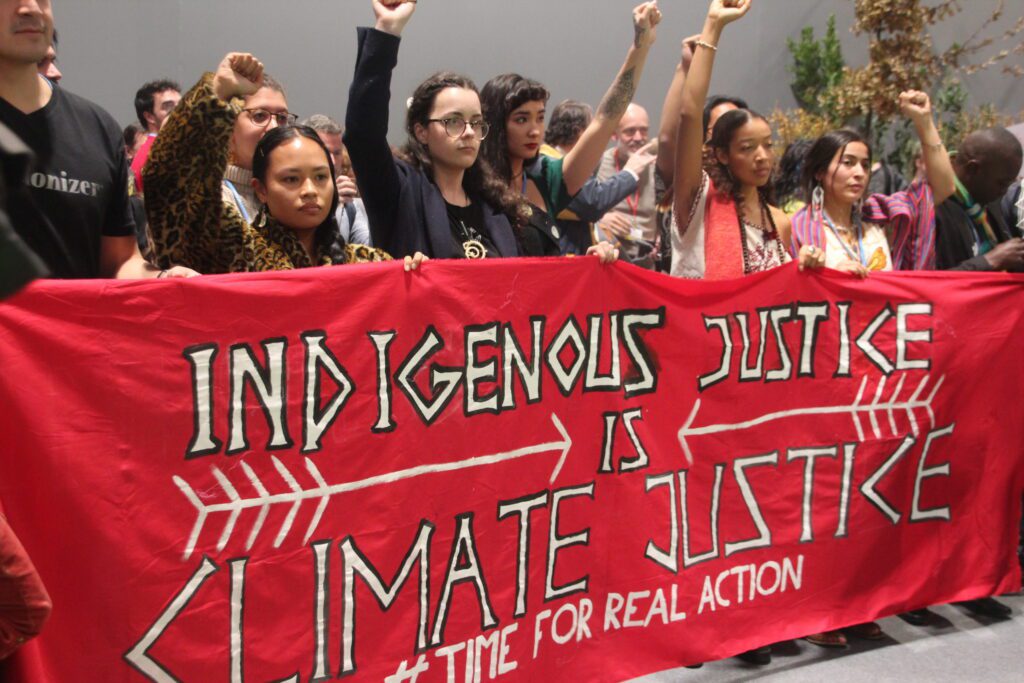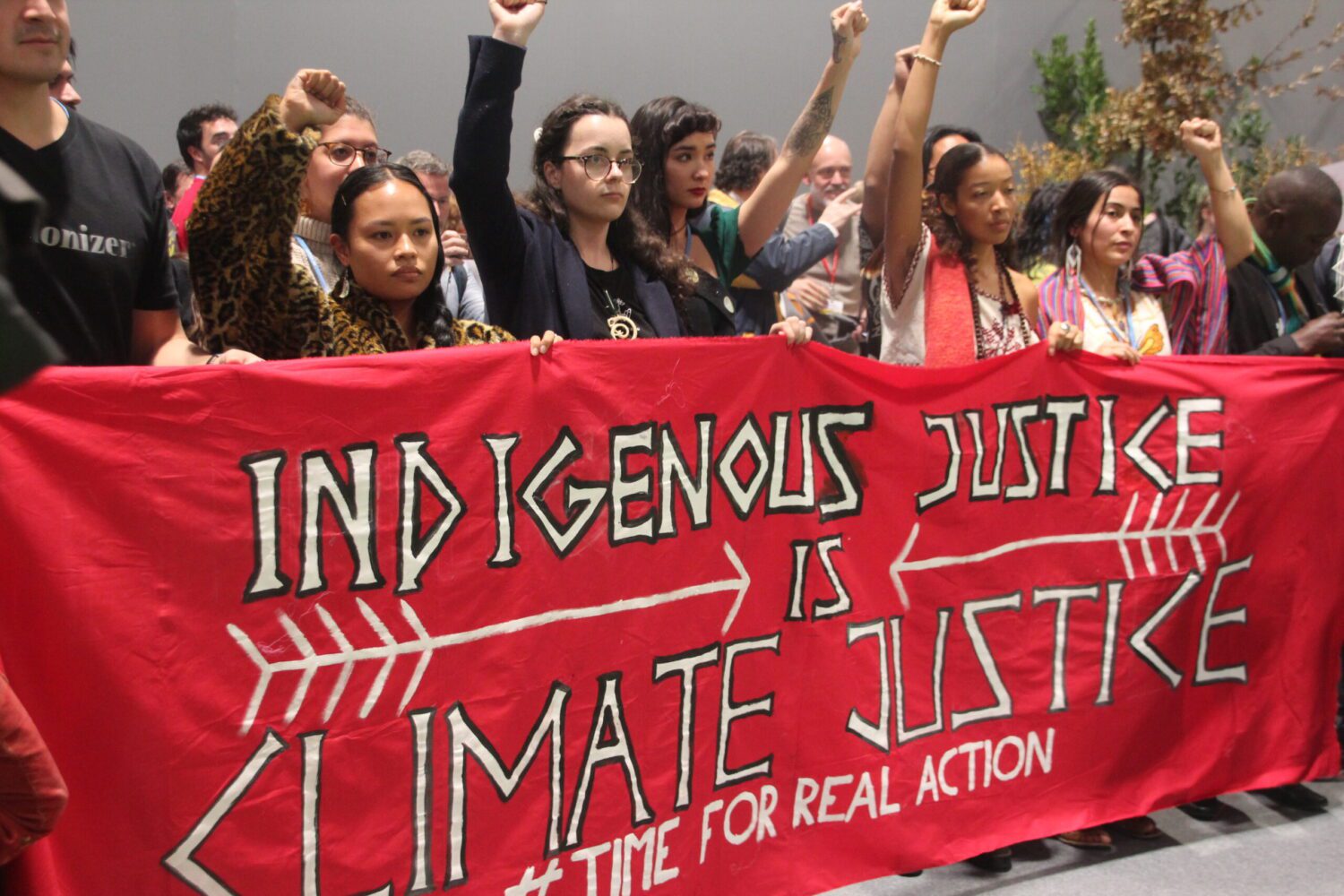


In its first major climate report since 2013, the IPCC offers its starkest warning yet: Serious impacts of global warming are now unavoidable.
By Reynard Loki, Independent Media Institute
9 min read
In a grim report released on Monday, the Intergovernmental Panel on Climate Change (IPCC) says that climate change was “unequivocally” caused by human activity, and that within two decades, rising temperatures will cause the planet to reach a significant turning point in global warming. The report’s authors—a group of the world’s top climate scientists convened by the United Nations (UN)—predict that by 2040, average global temperatures will be warmer than 1.5 degrees Celsius above pre-industrial levels, causing more frequent and intense heat waves, droughts and extreme weather events. UN Secretary-General António Guterres called the bleak findings a “code red for humanity.”
The report found global warming increasing at a faster rate than earlier predictions estimated. “It is unequivocal that human influence has warmed the atmosphere, ocean and land… [and] at a rate that is unprecedented in at least the last 2,000 years,” the report says. “Widespread and rapid changes in the atmosphere, ocean, cryosphere and biosphere have occurred.” Even if the world’s nations enacted sharp and stringent reductions in the emissions of greenhouse gases today, overall global warming is still estimated to rise around 1.5 degrees Celsius within the next 20 years. That means that the hotter, more dangerous future that scientists and the Paris climate agreement sought to avoid is now unavoidable.
Linda Mearns, a senior climate scientist at the U.S. National Center for Atmospheric Research and one of the report’s co-authors, offered a stern warning: “It’s just guaranteed that it’s going to get worse,” she said, adding that there is “[n]owhere to run, nowhere to hide.” In an interview with the Hill, Kim Cobb, the lead author of the report’s first chapter, said, “We’re already reeling, clearly, from so many of these impacts that the report highlights, especially in the category of extremes that are gripping these headlines and causing so much damage, but of course the 1.5 degree C world is notably and discernibly worse.”
“The alarm bells are deafening, and the evidence is irrefutable: Greenhouse gas emissions from fossil fuel burning and deforestation are choking our planet and putting billions of people at immediate risk,” Guterres said in a statement on the report. “Global heating is affecting every region on Earth, with many of the changes becoming irreversible.”
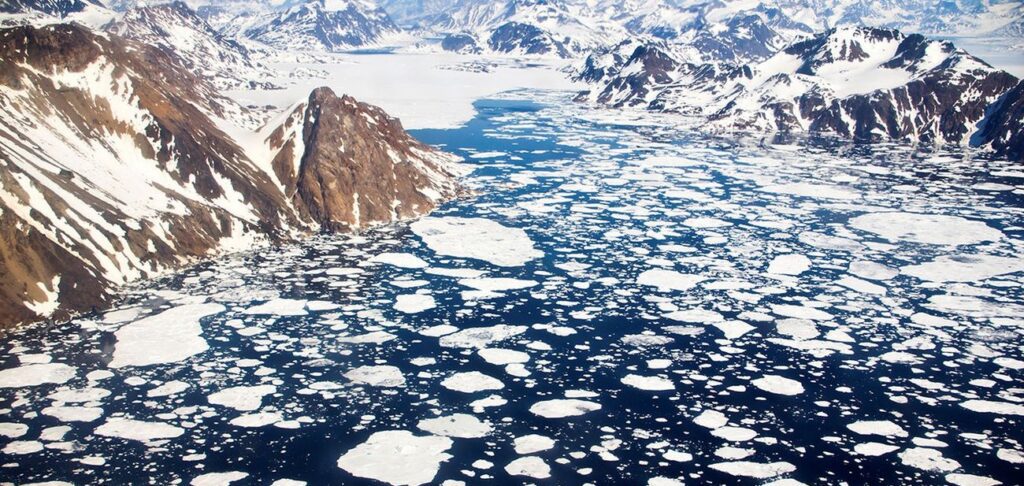
There is a sliver of hope that the worst impacts of the climate catastrophe might be averted, but time for that is rapidly running out, and many actions must be taken by governments, the private sector and civil society in tandem and with urgency—a tall order. “I again call on donors and the multilateral development banks to allocate at least 50 percent of all public climate finance to protecting people, especially women and vulnerable groups,” Guterres said. “COVID-19 recovery spending must be aligned with the goals of the Paris Agreement. And the decade-old promise to mobilize $100 billion annually to support mitigation and adaptation in developing countries must be met.”
Key stakeholders in the climate crisis response are the world’s Indigenous peoples, who are particularly vulnerable to the direct impacts of climate change, as they are often living on the front lines of the natural environment and depend on healthy ecosystems for their survival. The climate crisis also adds another difficulty to the long list of obstacles that Indigenous communities have faced for centuries, including loss of land and resources, human rights violations, discrimination, marginalization and unemployment.
Negotiators at COP26, the upcoming UN climate conference taking place in Glasgow in November, should include Indigenous voices, knowledge and needs as they outline the world’s climate mitigation plan. Hopefully, they will uphold the sentiment expressed during the COP26 Climate and Development Ministerial held in March, where the “importance of drawing on the knowledge held by [I]ndigenous peoples, women, rural communities, young people and local authorities was… emphasized, along with the importance of pursuing rights-based approaches.”
Vehia Wheeler, co-founder of Sustainable Oceania Solutions, a small, women-owned social enterprise based in Hawaii that seeks to educate the young citizen scientists of Oceania using ancestral knowledge in partnership with STEM methods, called for Indigenous voices and their climate solutions to be championed at COP26. “Indigenous knowledge systems should be a guide for the future,” she recently said in a tweet shared by COP26.
One main reason that the world’s Indigenous communities must play a central role in the climate fight is the fact that they hold or manage a disproportionate amount of officially protected regions, regions that have experienced a low human impact. According to an assessment on the species extinction crisis issued by the UN Intergovernmental Science-Policy Platform on Biodiversity and Ecosystem Services (IPBES) in 2019, Indigenous peoples occupy 28 percent of the Earth’s land, but more than 40 percent of formally protected areas—and 37 percent of all remaining terrestrial areas with low human impact. “Three-quarters of the land-based environment and about 66 percent of the marine environment have been significantly altered by human actions,” the IPBES report states. “On average these trends have been less severe or avoided in areas held or managed by Indigenous Peoples and Local Communities.” Deforestation rates across the Amazon, for example, are two to three times lower in lands held by Indigenous peoples.
In other words, when it comes to conserving nature and biodiversity—important strategies in the battle to save the climate—these front-line communities are doing a lot of things right. Unlike the Western viewpoint that the natural world is something that humans can and should dominate, Indigenous communities across the globe have lived in harmony with nature, seeing the life on the planet as part of an interconnected whole. “We put our non-human relatives first, meaning the trees, the sky, the water,” Nikki Cooley, co-manager of the Tribes and Climate Change Program for the Institute for Tribal Environmental Professionals in Flagstaff, Arizona, told Yale Environment 360 last year. “We don’t treat them as objects to be studied in a lab. We revere them.”
Working intimately with the land and its natural resources, and often guided by a holistic mix of current science and traditional knowledge, Indigenous people have been successfully mitigating climate risks and adjusting to changes in the climate and environment for generations. “Indigenous peoples have always been on the front lines,” said Cooley. “Tribes have always been adapting to climate change. Now we have to adapt even faster.”
“People around the world increasingly see the urgent need to tackle the twin emergencies of climate change and biodiversity loss,” writes Steven Nitah, a former politician from the Northwest Territories, Canada, who served as the chief negotiator for the Łutsël K’e Dene First Nation, in a recent commentary in One Earth. “We can make progress on both these fronts if the world also recognizes the leadership of Indigenous peoples who oversee the most healthy, biodiverse, and intact lands and waters left on Earth.”
The 2019 IPBES report notes that current modeling on a regional and global scale lacks Indigenous input and suggests that policymakers consider “the views, perspectives and rights of Indigenous Peoples and Local Communities, their knowledge and understanding of large regions and ecosystems, and their desired future development pathways.” The UN Department of Economic and Social Affairs for Indigenous Peoples supports that view, contending that Indigenous communities are “vital to, and active in, the many ecosystems that inhabit their lands and territories and may therefore help enhance the resilience of these ecosystems,” adding that “[I]ndigenous peoples interpret and react to the impacts of climate change in creative ways, drawing on traditional knowledge and other technologies to find solutions which may help society at large to cope with impending changes.”
“The gravity of the climate emergency has been tirelessly called out by Indigenous and front-line communities for decades,” said Tom Goldtooth, executive director of the Indigenous Environmental Network. “We must pressure the IPCC before the mitigation report comes out early next year to listen to the voices of the traditional knowledge holders of Indigenous peoples and end carbon pricing, carbon capture and solar radiation management mitigation strategies that keep fossil fuels coming out of the ground.”
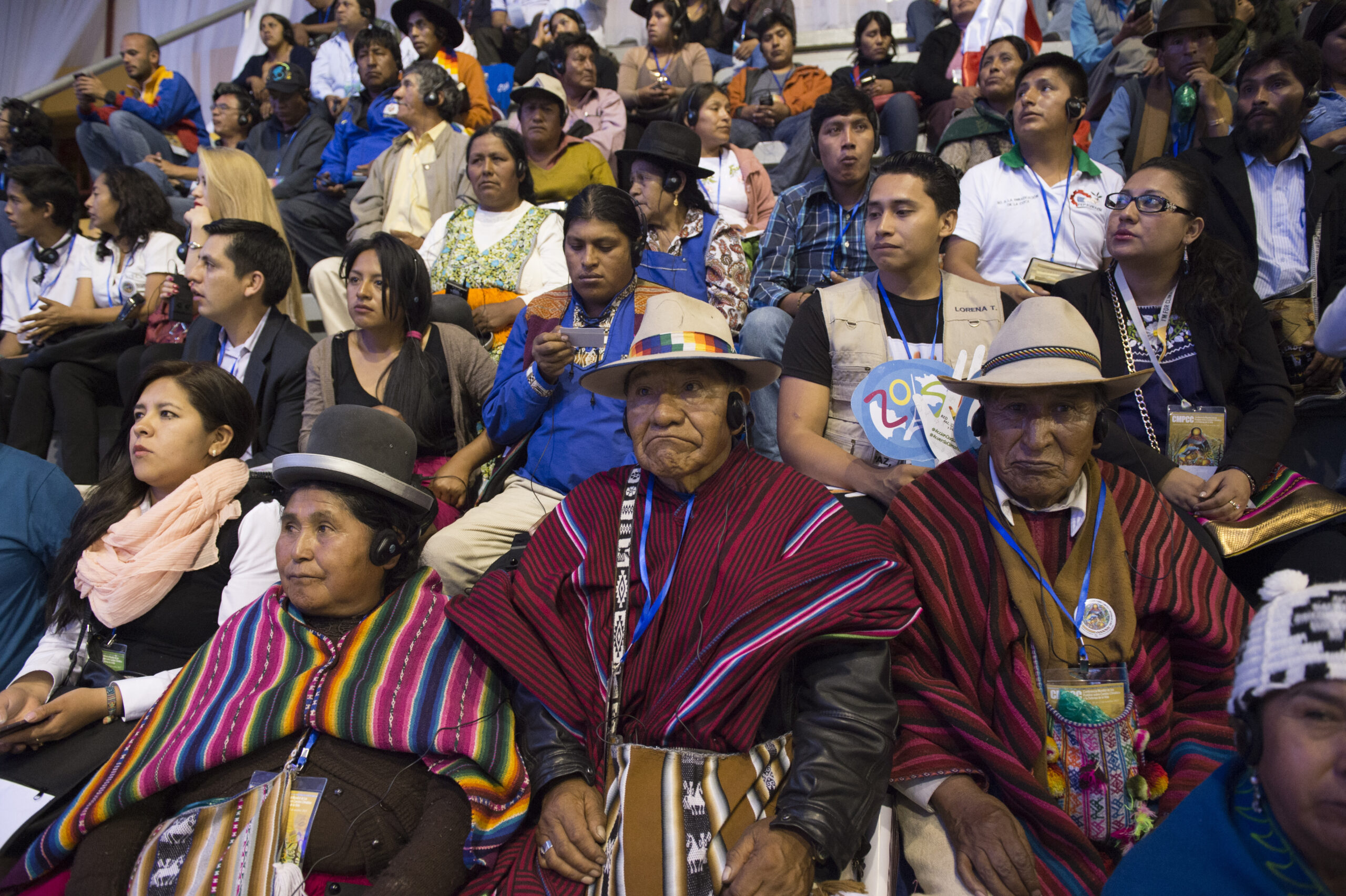
“The front lines are already way ahead of the politicians. We are leading with solutions—from community-owned solar energy systems that create safe, good-paying jobs to just recovery efforts that ensure those communities most impacted by the crisis are built back in sustainable and safe ways based on community needs,” said Elizabeth Yeampierre, executive director of UPROSE and co-chair of the Climate Justice Alliance Board of Directors. “To truly address the climate crisis, we need policymakers to enact bold and transformative policies like the THRIVE Act, which [was] crafted in deep consultation and partnership with Black, Brown, Indigenous, Asian and Pacific Islander, poor, and marginalized communities.”
And while it is clear that Indigenous knowledge is critical to solving the climate crisis, the future is in everyone’s hands. And it’s not just about focusing on what society emits into the atmosphere (the net-zero myth), but also about how we behave as consumers overall. What we eat, what we buy, where we travel—all of it degrades the environment to some degree and impacts the climate. “Every single day that we live, we make some impact on the planet,” said famed primatologist Jane Goodall. “We have a choice as to what kind of impact that is.” It’s a responsibility that falls on the shoulders on individuals as well as worldwide leaders of industries and governments.
To survive the climate emergency that has gripped the planet, we each need to look at ourselves and reconsider our behaviors as consumers, homemakers, parents, travelers, drivers, eaters and voters. Support must be given to political, business, civic, Indigenous, Black, Brown, LGBTQ, women and youth leaders who are laser-focused on just, equitable and science-based climate solutions. “If we combine forces now, we can avert climate catastrophe,” said Guterres. “But, as [the IPCC] report makes clear, there is no time for delay and no room for excuses.”
Take action…
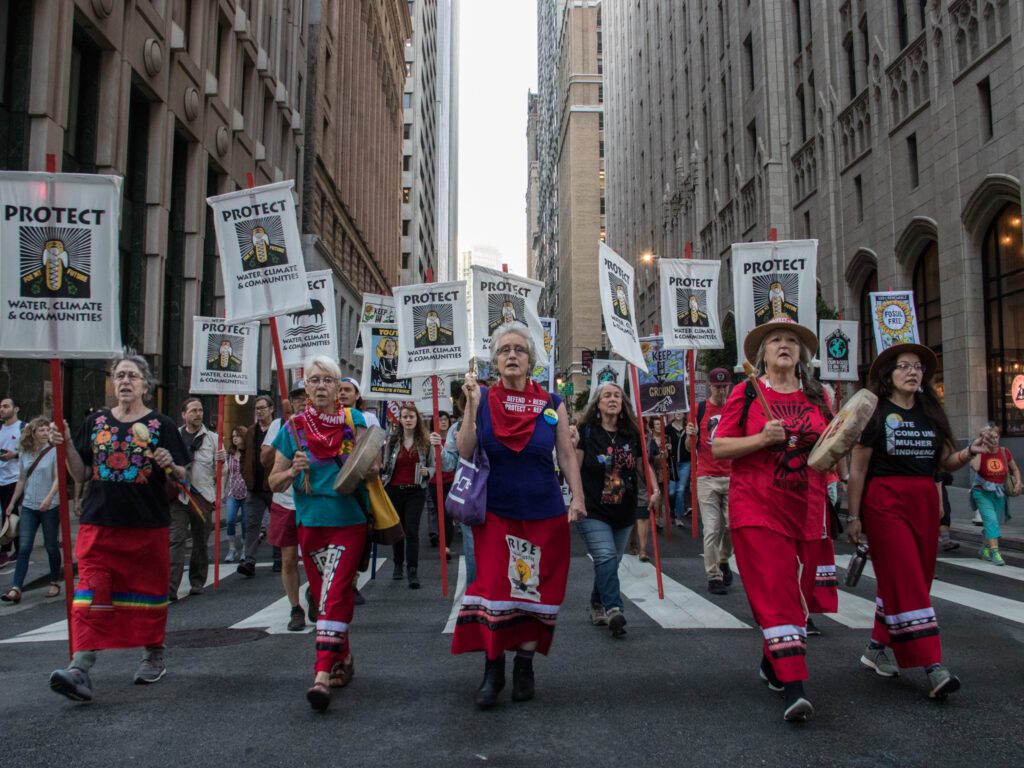
“[UK cabinet minister] Alok Sharma will act as president of the summit alongside an all-male team of climate and energy ministers. Nicola Sturgeon, first minister of Scotland, will welcome world leaders to the talks, but has no formal standing in the negotiations, and women will currently only be represented at a more junior level. Women are disproportionately affected by the impacts of climate change. Without representation at a leadership level, how can we expect their interests to be fairly represented?” —Sian Conway, Change.org
- Urge COP26 President Alok Sharma: Address the gender divisions in climate by forming a representative and inclusive UK leadership team for COP26
- Urge COP26 President Alok Sharma: Keep big polluters out of COP26
- Urge governments: Commit to urgent action on climate and environmental literacy at COP26
- Urge the United Nations: Serve climate-friendly food at the COP26 UN Climate Conference
An EFL reader says…
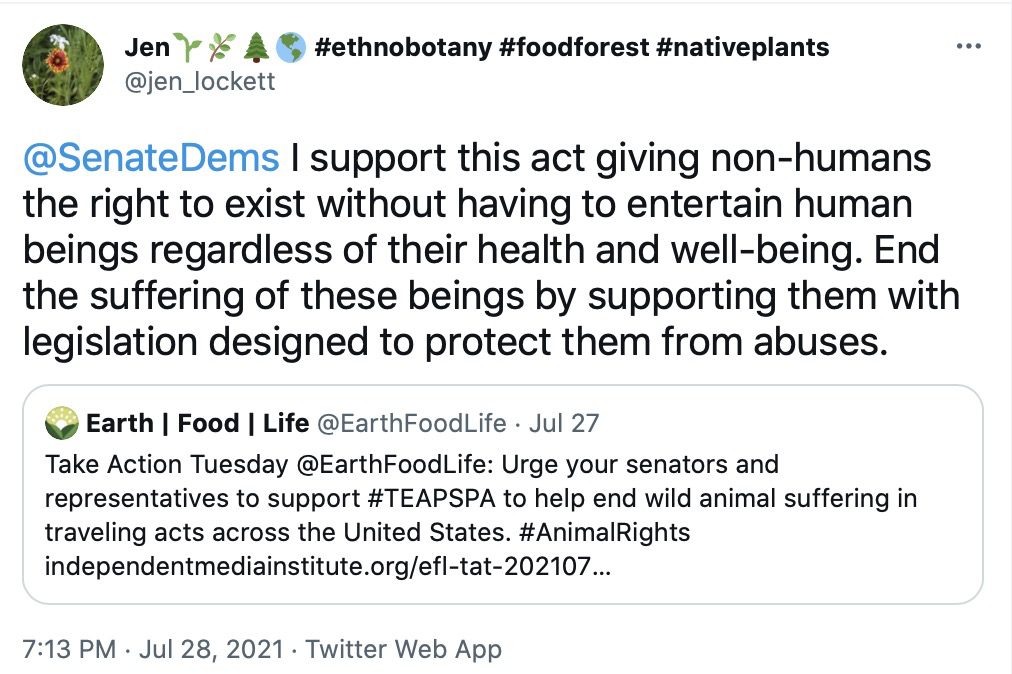
Cause for concern…
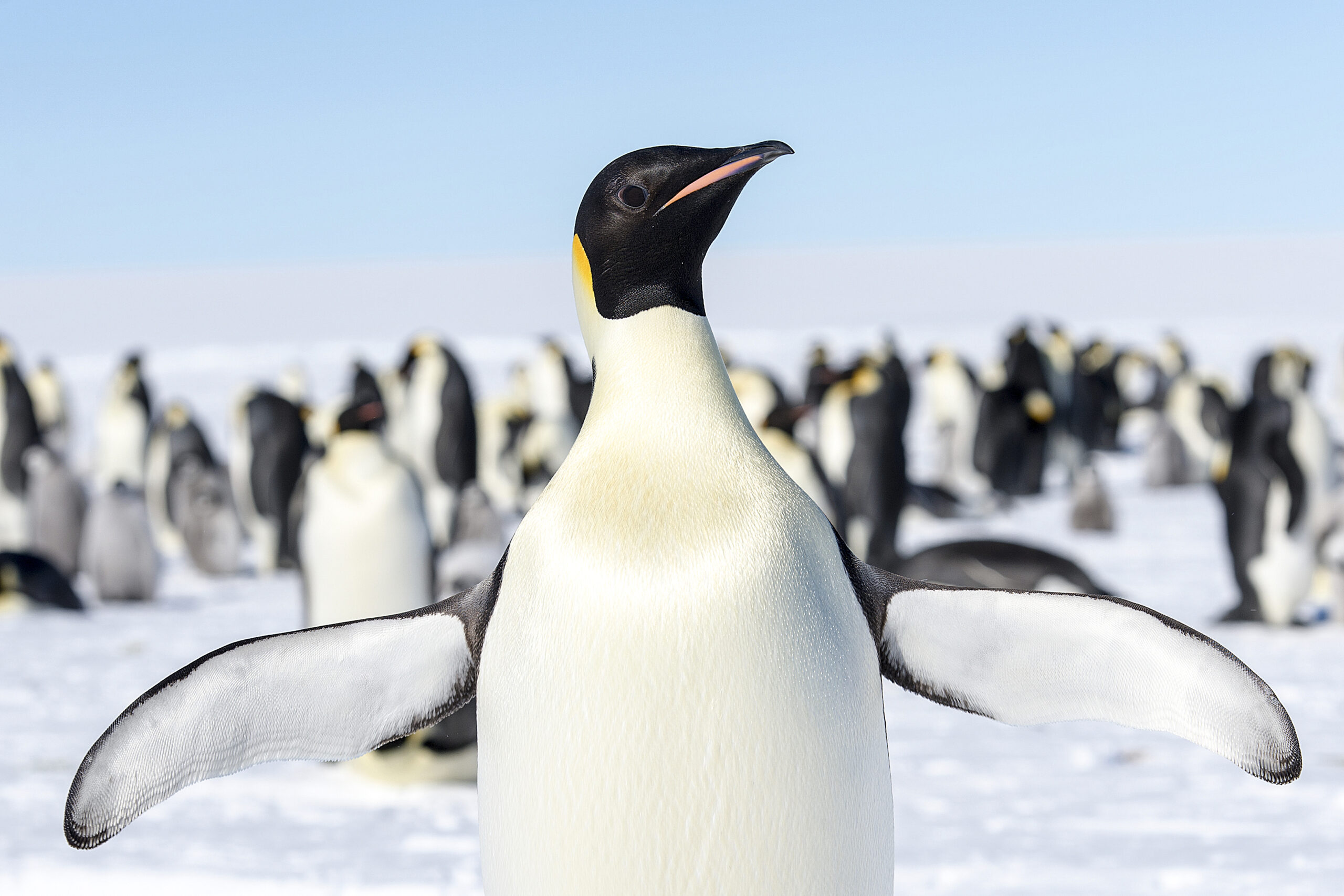
“These penguins are hard hit by the climate crisis, and the U.S. government is finally recognizing that threat,” said Sarah Uhlemann, international program director at the nonprofit Center for Biological Diversity, following the U.S. Fish and Wildlife Service’s recent proposal to list Emperor penguins as threatened under the Endangered Species Act.
- Melting ice imperils 98% of Emperor penguin colonies by 2100 (Christina Larson, Associated Press)
- Scientists find new, more dangerous climate threat in thawing permafrost (Steven Mufson, Washington Post)
- Bipartisan infrastructure deal wouldn’t remove all lead pipes (Arthur Delaney, HuffPost)
Round of applause…

“[V]egans have a very specific reputation, especially online—namely, that they prioritize aesthetics over everything else,” writes Lydia Wang for Refinery29. “But, intersectional vegan activists are working to change that, by starting a nuanced, thoughtful conversation about the many interconnected reasons to eliminate meat consumption.”
- Veganism isn’t just about saving animals—it’s about saving the world (Lydia Wang, Refinery29)
- Chicken is absurdly expensive right now: This food company is offering a clever alternative (Jeff Beer, Fast Company)
- Instagram cook shows how going vegan will revolutionize your next camping trip (Peter Elia, iNews)
ICYMI…
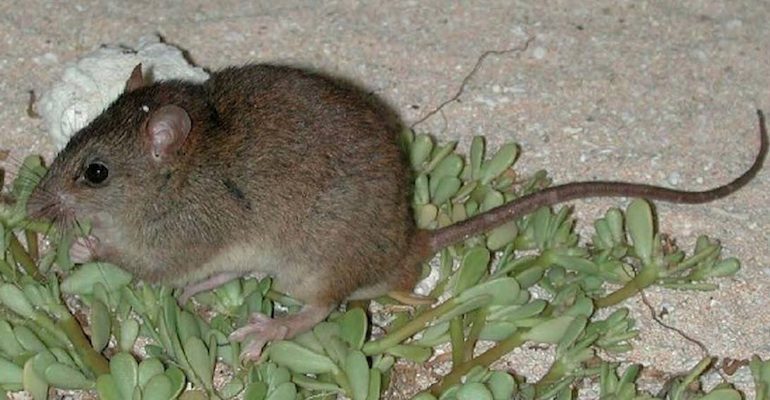
“The natural world is undergoing two enormous crises that are currently threatening the natural world: climate change and biodiversity loss. These crises are intertwined. Climate change is currently impacting 19 percent of species listed as threatened on the IUCN Red List of Threatened Species, the world’s catalog of endangered species. We are currently experiencing the Sixth Extinction, the sixth major extinction event in Earth’s history and the only one caused by human activity. The Sixth Extinction is not only itself accelerating—it is also accelerating climate change, creating a destructive feedback loop. Now scientists are beginning to understand that another kind of destructive feedback loop is happening: Our own efforts to protect the climate could actually harm biodiversity.”
—EFL editor Reynard Loki, “To Save Planet, Solve Twin Crises of Climate Change and Species Loss Together, Say UN Scientists,” CounterPunch, June 18, 2021
Parting thought…
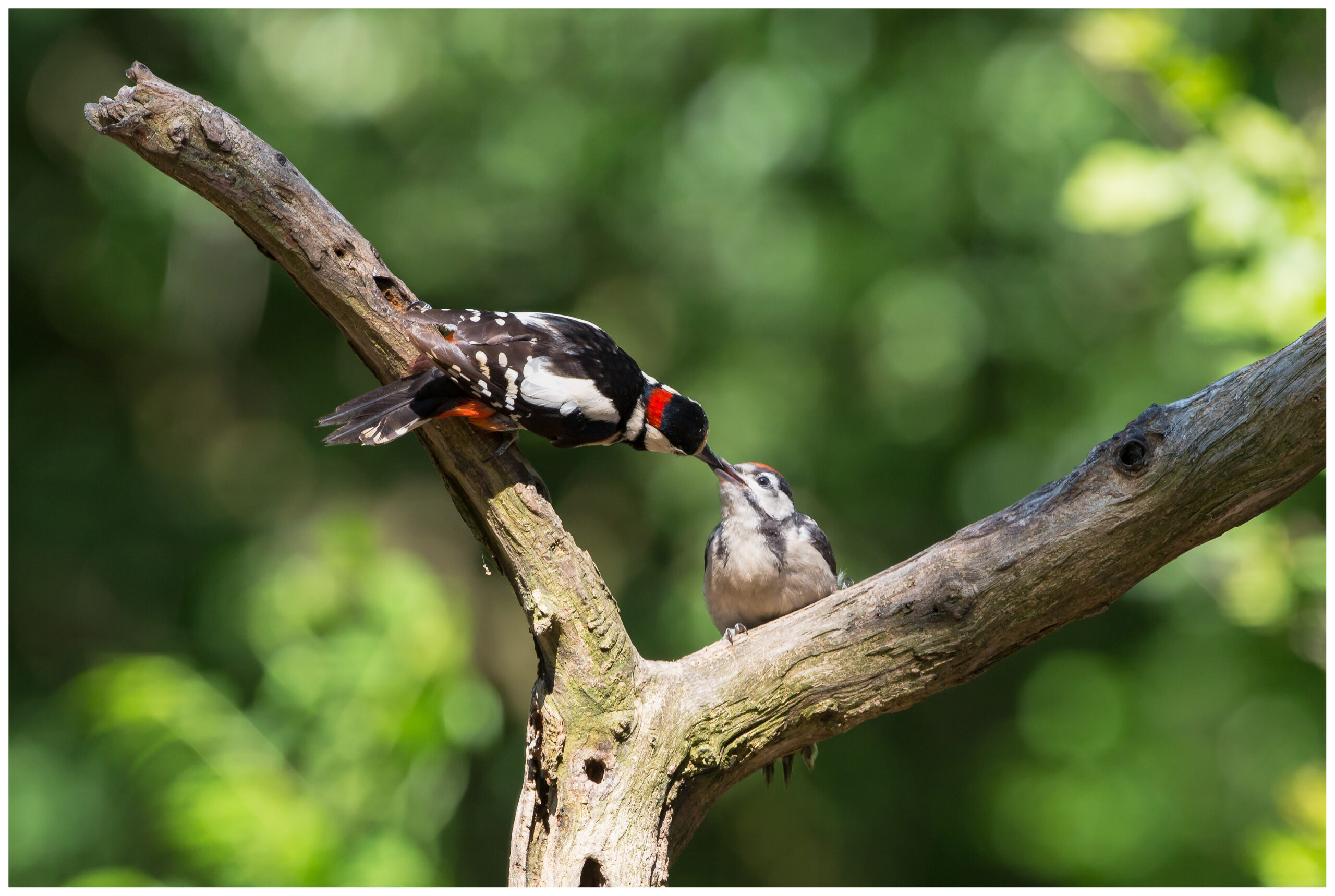
“May my heart always be open to little birds who are the secrets of living.” —E.E. Cummings
Reynard Loki is a writing fellow at the Independent Media Institute, where he serves as the editor and chief correspondent for Earth | Food | Life. He previously served as the environment, food and animal rights editor at AlterNet and as a reporter for Justmeans/3BL Media covering sustainability and corporate social responsibility. He was named one of FilterBuy’s Top 50 Health & Environmental Journalists to Follow in 2016. His work has been published by Yes! Magazine, Salon, Truthout, BillMoyers.com, Counterpunch, EcoWatch and Truthdig, among others.
Earth | Food | Life (EFL) explores the critical and often interconnected issues facing the climate/environment, food/agriculture and nature/animal rights, and champions action; specifically, how responsible citizens, voters and consumers can help put society on an ethical path of sustainability that respects the rights of all species who call this planet home. EFL emphasizes the idea that everything is connected, so every decision matters.
Click here to support the work of EFL and the Independent Media Institute.
Questions, comments, suggestions, submissions? Contact EFL editor Reynard Loki at [email protected]. Follow EFL on Twitter @EarthFoodLife.
